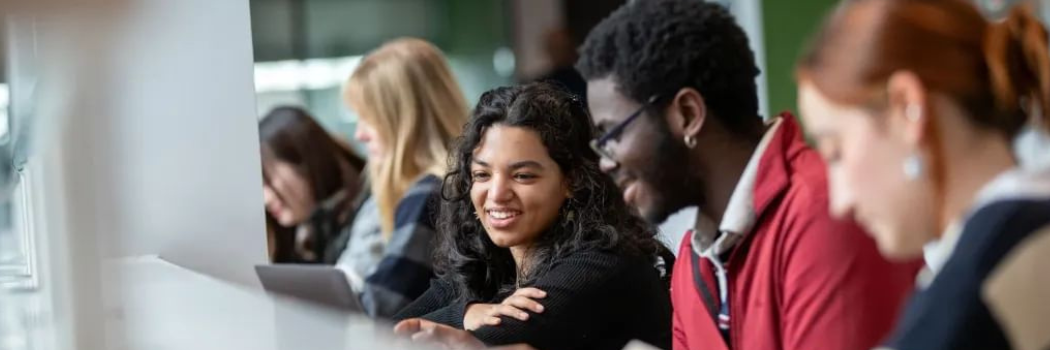UEFA Women's Euros: Media coverage and gender equality - Durham University
The UEFA Women’s Euros is in full swing, but a recent YouGov survey showed that interest in women’s football still lags well behind the men’s game. What does this mean in terms of gender equality in the sport? Expert on women, football and inequalities, Professor Stacey Pope, explains.
Shifts in attitude
In recent years, we have seen a huge rise in media coverage of the England women’s team. Not only have there been more front- and back-page stories but also a move towards more respectful coverage.
There has been a shift away from the condescending approach that has long dominated women’s sport, for example, through sexualising women players or using infantilising language by referring to players as ‘girls’ or ‘ladies’.
The way women’s sport, and in this case women’s football, is reported is essential to advancing gender equality. My research has shown that increased media coverage can lead to positive shifts in attitude among men, although there is still a long way to go.
Respectful coverage
It’s key that this kind of respectful high-quality coverage must be sustained throughout the year rather than just limited to major events. To advance gender equality, it’s also important that the media treat women’s football in the same way as men’s football - with praise for exceptional athleticism but also criticism of poor-quality play.
However, this does not mean that sexism and misogyny have disappeared. Whenever there are advances in gender equality, there is also a backlash.
Misogyny in football
A recent study we did at Durham University showed that openly misogynistic attitudes towards women’s sport still dominate amongst male football fans. There were plenty of fans with progressive views, but they were not as common as those with hostile and sexist attitudes. The fans with openly misogynistic attitudes saw women’s sport as inferior and its media coverage as ‘positive discrimination’ or ‘PC nonsense’.
Addressing this anti-feminist backlash will take more than simply increasing the visibility of women in sport through media coverage. Football does not operate in a vacuum. If sexism is rife in wider society, this transfers to the football arena.
What is needed to reach equality and justice on the pitch and beyond is a gender revolution. We need everyone involved, from players to managers, governing bodies, fans, media industry, sponsors, to take a clear and uncompromising stance against sexism to promote social justice and address gender inequalities.
Find out more
You may also like...
Diddy's Legal Troubles & Racketeering Trial

Music mogul Sean 'Diddy' Combs was acquitted of sex trafficking and racketeering charges but convicted on transportation...
Thomas Partey Faces Rape & Sexual Assault Charges

Former Arsenal midfielder Thomas Partey has been formally charged with multiple counts of rape and sexual assault by UK ...
Nigeria Universities Changes Admission Policies

JAMB has clarified its admission policies, rectifying a student's status, reiterating the necessity of its Central Admis...
Ghana's Economic Reforms & Gold Sector Initiatives

Ghana is undertaking a comprehensive economic overhaul with President John Dramani Mahama's 24-Hour Economy and Accelera...
WAFCON 2024 African Women's Football Tournament

The 2024 Women's Africa Cup of Nations opened with thrilling matches, seeing Nigeria's Super Falcons secure a dominant 3...
Emergence & Dynamics of Nigeria's ADC Coalition

A new opposition coalition, led by the African Democratic Congress (ADC), is emerging to challenge President Bola Ahmed ...
Demise of Olubadan of Ibadanland
Oba Owolabi Olakulehin, the 43rd Olubadan of Ibadanland, has died at 90, concluding a life of distinguished service in t...
Death of Nigerian Goalkeeping Legend Peter Rufai

Nigerian football mourns the death of legendary Super Eagles goalkeeper Peter Rufai, who passed away at 61. Known as 'Do...




